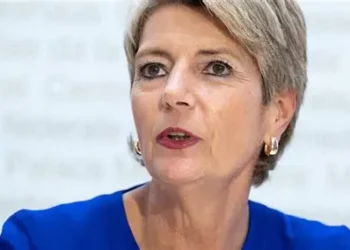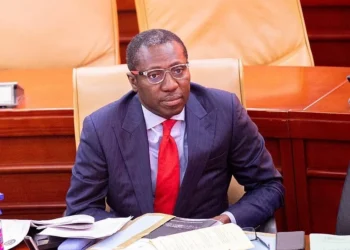Ghana’s ongoing challenges with foreign visa fees have come under renewed scrutiny, as Assin North Member of Parliament and Deputy Minister Designate for Foreign Affairs, Hon. James Gyakye Quayson, has strongly criticized the practice of non-refundable visa fees by foreign embassies operating in Ghana.
According to Hon. Quayson, there is a growing need to reassess what he considers an exploitative sector policy that unfairly burdens the country’s youth.
He believes that many embassies of so-called advanced nations are systematically profiting from visa rejections, with very little accountability to the applicants who fund their operations.
As he explained, the majority of young Africans, driven by limited economic prospects at home, see migration as their best hope for a better life. In this context, applying for a visa is often their first step—but one that comes at a steep cost.
“A visa is not cheap, even just the application form alone is about $160, which could be a month or two months’ pay for some of our youth on a labour. And these embassies are collecting this money and denying almost 90% to 95% of them.”
Hon. James Gyakye Quayson
Accordingly, the MP expressed grave concern over the fact that these non-refundable foreign visa fee collections are essentially used to bankroll embassy operations in Ghana.
Contrary to popular belief that wealthy countries effortlessly fund their diplomatic missions, Hon. Quayson asserted that the financial backbone of many foreign embassies is built on the backs of ordinary Ghanaian citizens.
He emphasized that this reality is often overlooked, as people mistakenly assume that affluent countries can easily absorb the costs of maintaining overseas consulates.
In truth, these diplomatic outposts may rely heavily on the fees extracted from rejected visa applicants in host nations like Ghana.
This revelation, he argued, should prompt a collective national effort to examine and reform these visa policies. For Hon. Quayson, the issue isn’t only economic—it touches directly on the dignity and fair treatment of Ghanaian citizens abroad and at home.
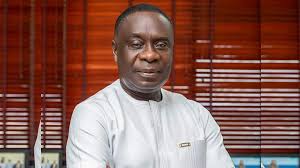
While foreign diplomacy often focuses on fostering goodwill between nations, he stressed that it must begin with defending the well-being of one’s own citizens.
He insisted that Ghana’s foreign visa fee policies, especially in bilateral contexts, should be built on reciprocity. That is, how Ghana treats foreign nationals should be mirrored by how Ghanaians are treated in return by foreign governments.
“Our foreign policy,” he noted during the session, “is not about protecting foreign nations only.”
Rather, the foundation of Ghana’s diplomatic strategy should be shaped by its domestic priorities, extending those values into the international sphere. In short, Ghana must assert its rights more firmly when engaging with other countries.
His remarks were made during his vetting before the Parliamentary Appointments Committee on July 25, 2025.
Policy Urged To Reflect Ghana’s Priorities Amid Visa Fee Issues
Hon. James Gyakye Quayson’s broader argument is that policies developed in the Foreign Affairs Ministry must directly reflect and prioritize Ghana’s socio-economic reality.
The existing framework, he argued, appears tilted in favor of foreign diplomatic establishments rather than the Ghanaian public.
With thousands of citizens applying for visas annually and facing rejection, Quayson believes the time has come to scrutinize how foreign nations engage with Ghana’s immigration hopefuls.
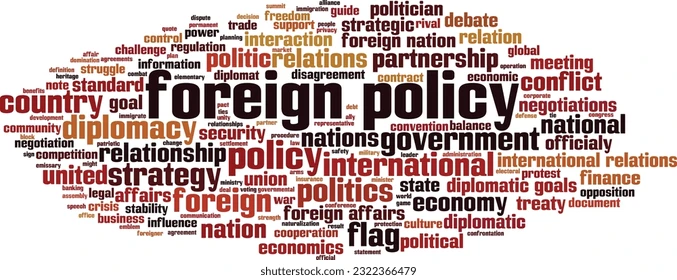
He called for mechanisms that could lead to refunds or fairer processes, which take into account the financial hardship many applicants endure.
“I will work with my minister to make sure any policy that we put together will be something that is in our interest. Ghana’s Foreign policies, first and foremost, should be protecting us. It should be reciprocated. Our domestic policy is what we extend to foreign policy.”
Hon. James Gyakye Quayson
He further maintained that a revised approach to foreign visa fee structures should include transparency from embassies on how funds are used, as well as negotiations that could result in fee waivers or conditional refunds when visas are denied without clear justification.
This, according to him, would be a meaningful step toward reducing exploitation and rebalancing diplomatic engagements. It would also affirm Ghana’s commitment to defending the financial and social rights of its citizens.
At the core of his proposal is a deep conviction that Ghana should not merely react to international policies but should proactively set standards and demand fairness.
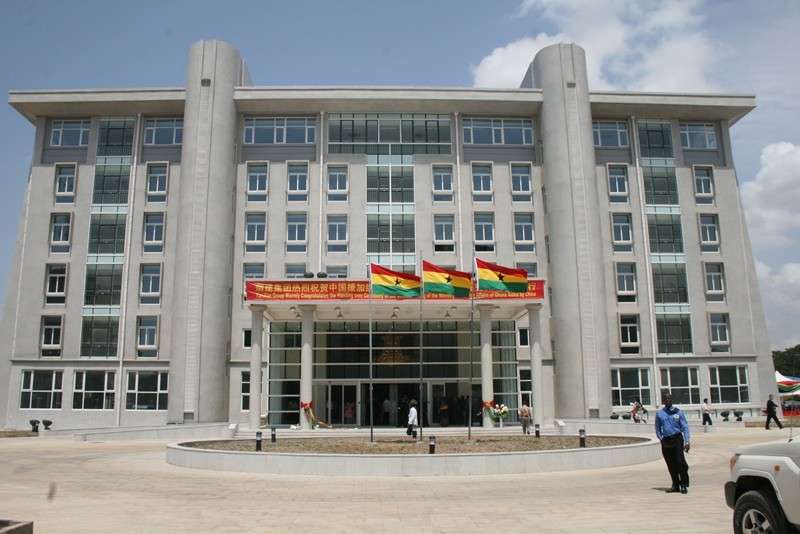
The notion of foreign policy as an extension of domestic values means that exploitation—especially in the form of non-refundable visa fees—has no place in the Ghanaian diplomatic playbook.
In his closing remarks, Quayson pointed out that policies governing international relations must be rooted in equity, transparency, and above all, national interest.
Without these guiding principles, he warned, Ghana risks becoming a passive participant in global affairs rather than a nation that negotiates from a position of strength.
READ ALSO: Iran Meets E3 Nations



